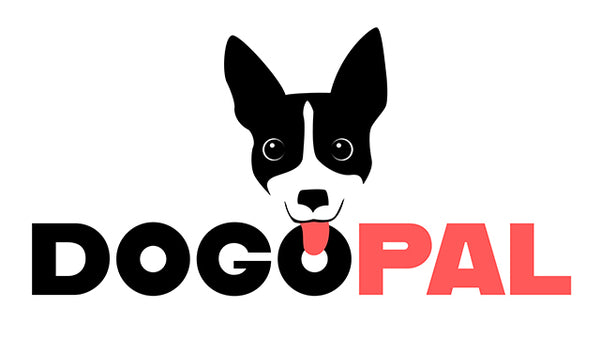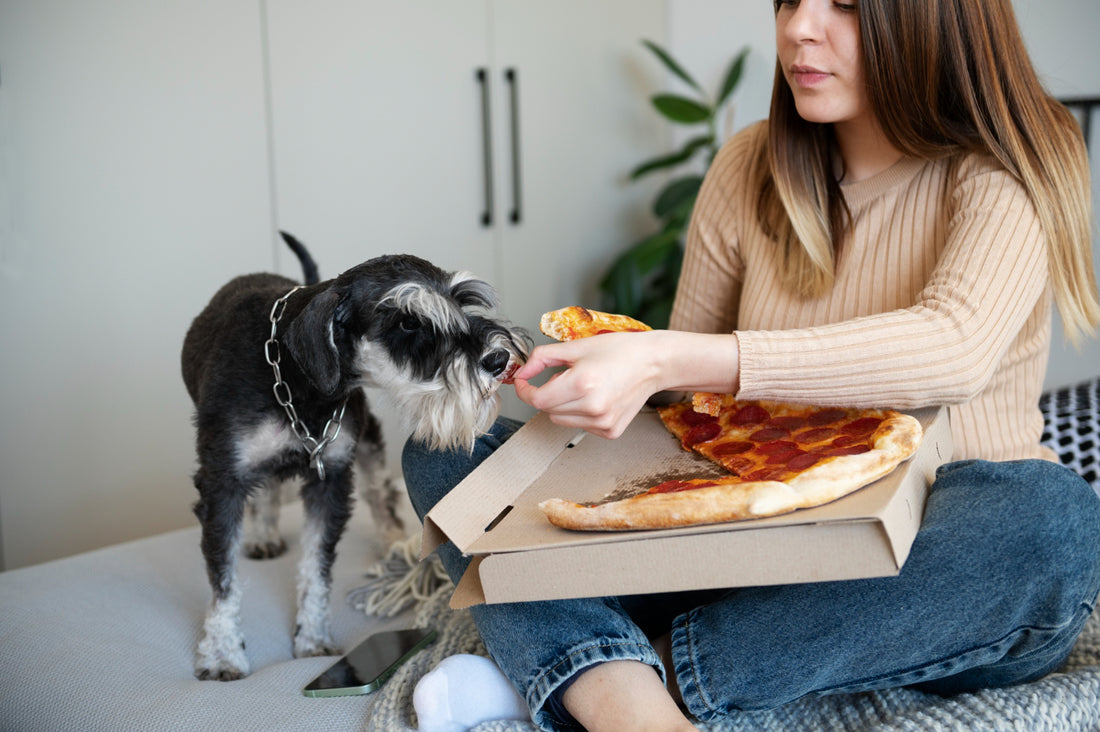As dog owners, we all want to provide the best possible care for our furry friends. However, it's important to be aware of the potential risks of feeding your dog human food. While it may be tempting to share your dinner with your dog, certain foods can be harmful or even toxic to them. In this article, we will explore the hidden risks of feeding your dog human food, and what experts have to say about it.
-
Foods that are toxic to dogs
Some human foods can be toxic to dogs, including chocolate, grapes, onions, garlic, and avocados. These foods can cause a range of symptoms, from mild digestive issues to more serious health problems such as kidney damage and seizures. -
Foods that can cause digestive problems
Feeding your dog human food can also cause digestive problems, such as diarrhea and vomiting. Dogs have sensitive digestive systems, and certain foods, such as spicy or greasy foods, can be difficult for them to digest. -
Weight gain and obesity
Feeding your dog too much human food can also lead to weight gain and obesity. This can put your dog at risk for a range of health problems, including joint pain, diabetes, and heart disease. -
Bad behavior
Feeding your dog from the table can also encourage bad behavior, such as begging and jumping. This can be frustrating for both you and your dog and can create a negative relationship around mealtime.
While it may be tempting to share your food with your furry friend, it's important to be aware of the potential risks. Feeding your dog human food can cause a range of health problems, from digestive issues to toxicity. It's important to provide your dog with a balanced and nutritious diet that is tailored to their specific needs. So, the next time you're thinking about feeding your dog human food, remember the hidden risks and consult with your veterinarian to ensure that your dog is getting the best possible care.

